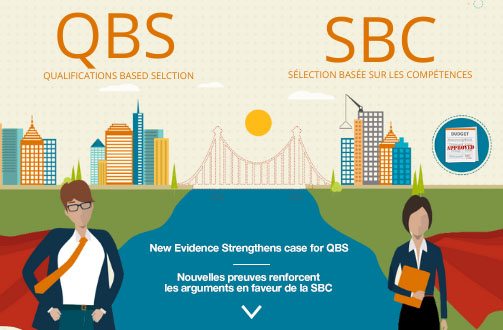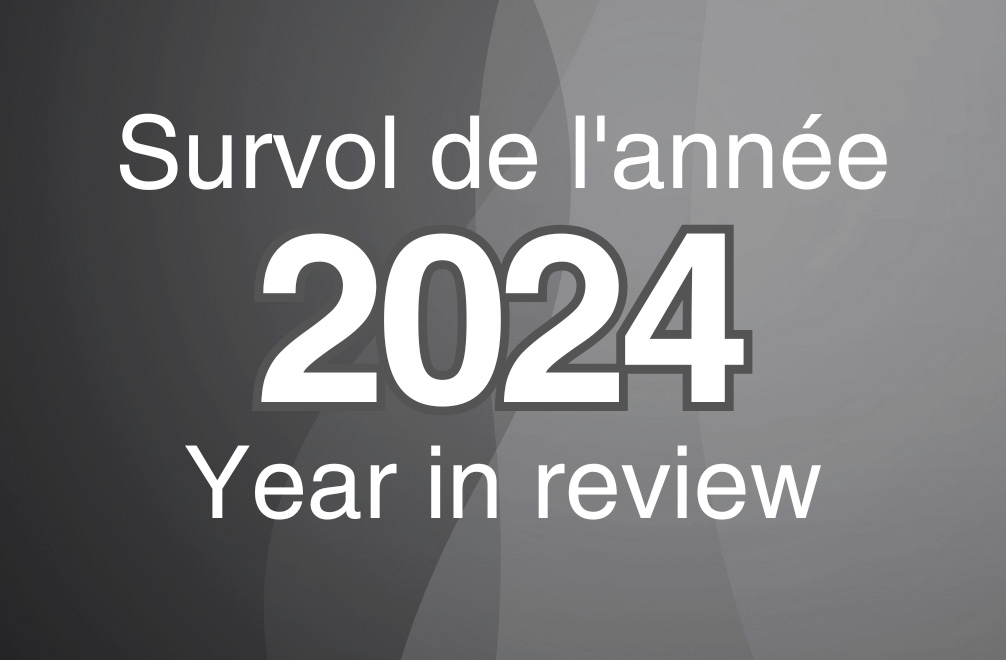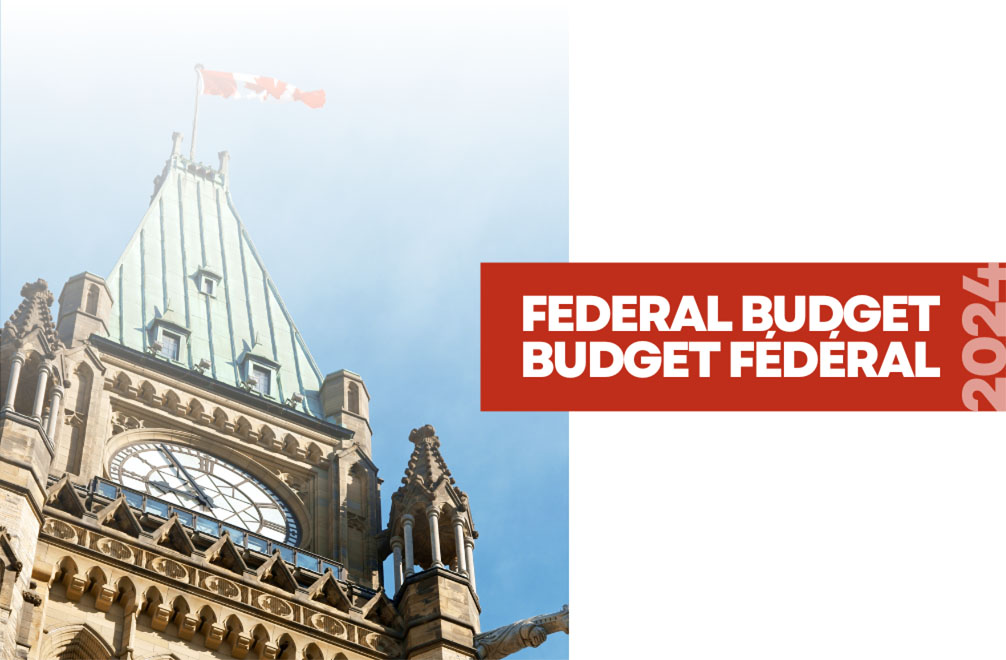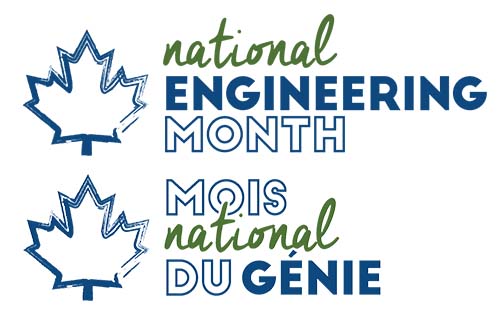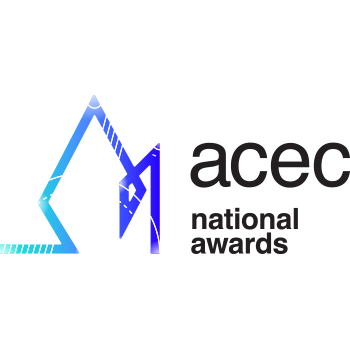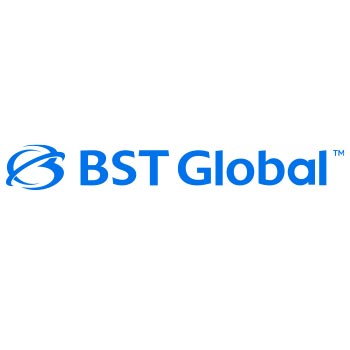Qualifications Based Selection
Qualifications, Experience & Competence = Best Value for Clients
NEW EVIDENCE STRENGTHENS CASE FOR QBS
Three separate but important studies on procurement have been released, each further demonstrating that more upfront investment in engineering results in better project outcomes. The University of Alberta released a long-awaited study in late 2021 that evaluated and confirmed the benefits of Qualifications Based Selection (QBS). Then, in 2022, two other important studies were also released. One by the Construction and Design Alliance of Ontario that demonstrates the benefits of more investment in project planning and design in engineering. The other is an update of a landmark study on QBS commissioned by ACEC-US and the American Public Works Association.
All three studies demonstrate that upfront procurement decisions have a significant impact on not only the cost and quality of the design and construction phases of a project, but on operations and maintenance of infrastructure assets. These studies add to an existing body of knowledge that continue to show that engineering and other professional services typically account for only 6% to 18% of capital costs of infrastructure projects and 1% to 2% of total costs over the asset’s life cycle. Yet these services dramatically impact all aspects of the financial and operational success of infrastructure for decades. It's one of the reasons ACEC-Canada advocates for the use of Qualifications Based Selection (QBS) for the procurement of professional engineering services.
Impacts of Pre-Project Investment & Quality of Documents on Project Delivery Efficiencies
Ryerson Institute for Infrastructure Innovation
for Construction and Design Alliance of Ontario (CDAO)
November 2021
Impact of Qualifications-Based Selection of Engineering Services on Project Outcomes
Hole School of Construction Engineering, University of Alberta
for Consulting Engineers of Alberta (CEA)
December 2021
Savings, Innovation & Efficiency: An Analysis of QBS in the Procurement of Engineering Services
University of Colorado Boulder and Georgia Institute of Technology
for the American Council of Engineering Companies (ACEC-US)
February 2022
Procuring Successful Projects: Latest research confirms that the best qualifications, not the lowest price, results in better outcomes*
ACEC-Canada
June 2022
*Executive summary of the three studies
The release of these studies represents an exciting time for our industry. It’s an opportunity to refresh and reinvigorate the education of stakeholders that influence procurement with current data, and in particular Canadian data to augment the body of knowledge available from the United States. ACEC-Canada can now more effectively advocate for procurement reform and the adoption of QBS with procurement professionals, senior public servants, elected officials, and management consultants that are advising clients. As an industry, we are positioned to make important inroads in promoting QBS and showcasing the positive impacts – financial, environmental, and social – of procuring professional services based on qualifications versus lowest price.
ABOUT QBS
QBS (Qualifications Based Selection) is an internationally recognized best practice for the procurement of professional engineering services. It is a systematic and transparent process for selecting the most appropriate engineering firm for any project, protecting the public interest over the life-cycle of the project, including design, construction, operations, maintenance and eventual upgrading or de-commissioning.
This best practice has been mandated by law in the USA since the 1970’s, and more recently in the City of Calgary and Province of Quebec. BC’s Ministry of Transportation and Infrastructure uses an acceptable variation of QBS.
Using QBS will result in:
- Obtaining the right team for the right job
- Establishing and adhering to realistic schedules and budgets
- Lower project life cycle costs
- Having a project with few change orders and disputes
- Better value for taxpayers
- Promoting better business relationship between parties
- Providing better service, better quality and better value for clients
ACEC-Canada’s goal is to see this approach become the common practice in Canada
HOW DOES QBS WORK?
QBS is the Best Practice for Core Infrastructure
- ISSUE A REQUEST FOR QUALIFICATIONS
Describe the general scope of services for the assignment
- DEVELOP TERMS OF REFRENCE
Determine the general scope of services, evaluation criteria and weighting scores
- REQUEST PROPOSALS FROM SHORT-LISTED CONSULTANTS
Obtain detailed information on the proposed assignment
- EVALUATE AND RANK PROPOSALS
Evaluate and rank consultants, perform reference checks and short-list three consultants
- JOINTLY DEFINE SCOPE WITH PREFERRED CONSULTANT
Engage your highest-ranked firm and jointly finalize the scope of services
- NEGOTIATE A FEE
Usage the agreed scope of services to create a supporting client-consultant agreement
- AWARD ASSIGNMENT BASED ON THE AGREED SCOPE AND FEES
Finalize formal consulting contract for the agreed project scope and fee estimate
WHO USES QBS?
Examples and Testimonials Show How and Why QBS Works
A QBS Success in Ontario
In late 2014 Metrolinx, Ontario’s regional transit agency, issued two requests for proposal (RFP) that procured engineering services using Qualifications Based Selection. The projects were for the construction of a multi-level parking garage at a GO Transit station just north of Toronto and the electrification of the GO Rail Corridor, a major part of the Metrolinx Regional Express Rail Program.
These QBS pilot projects were the result of a year of discussions between Metrolinx and Consulting Engineers of Ontario (CEO). The prospect of using QBS had both its champions and its critics. The critics were concerned about the optics, perceptions and implications, at the board of directors’ level and with the public, of not simply using the lowest price. What CEO realized, however, was that Metrolinx is a self-declared proponent of evidence-based decision making. So in its endeavour to convince the decision-makers, the association provided the agency with all the research on QBS and arranged a meeting with Jennifer Enns, the Manager of Engineering and Energy Services for the City of Calgary, a jurisdiction that has successfully been using QBS for quite some time. This conversation, along with RFP documentation provided by the city, helped the decision-makers to move forward. Metrolinx will use these projects to measure the success of QBS. With positive results, there will be more projects to come.
This success comes as a result of a strong relationship between Metrolinx and CEO, as defined by a Memorandum of Understanding (MOU) signed in April 2014. The MOU established the CEO/Metrolinx Joint Transit Engineering Council as the forum for discussion and consultation on matters of mutual interest. As they discuss alternative delivery methods, there is always a consideration as to whether Qualifications Based Selection is compatible.
As CEO visits other government agencies and municipalities, it raises Metrolinx’s foresight and commitment to innovation in using QBS. As a result of such a high-profile client’s move in this direction, more clients are becoming open to the QBS discussion; and it is, in fact, a serious discussion of doing what is in the best interest of the people of the Province of Ontario.
– Diane Lee, Communications Coordinator, ACEC-Ontario
Cal Harrison on RFP Reform
Cal Harrison, a Certified Management Consultant, has estimated “that in Canada alone almost $5 billion is wasted each year by architects, engineers, management consultants, lawyers and other professional services forced to write proposals in response to price-based RFPs.” In his video, Cal explains why the RFP for professional services should be replaced by a Qualifications Based Selection process.
RESOURCES
Links and Frequently Asked Questions
Publications
Infraguide : Decision Making and Investment Planning
Current funding levels are insufficient to meet infrastructure needs. The net effect is that infrastructure is deteriorating rapidly. Elected officials and senior municipal administrators need a framework for articulating the value of infrastructure planning and maintenance, while balancing social, environmental and economic factors. In this guide you will find examples of protocols for determining costs and benefits associated with desired levels of service; and strategic benchmarks, indicators or reference points for investment policy and planning decisions.
Best Practices for Procurement: A Risk Management Perspective
The success of any project often depends upon obtaining the most capable, experienced and reputable engineering expertise available. Selecting a consulting engineering is, therefore, one of the most important decisions an owner makes. A transparent, fair and open selection process is the optimum approach for everyone involved in a project.
An Analysis of Issues Pertaining to Qualifications-Based Selection
Public agencies that use Qualifications-Based Selection (QBS) to procure architectural and engineering (A/E) services are better able to control construction costs and achieve a consistently high degree of project satisfaction than those using other procurement methods, according to a two-year study.
Articles
Canada’s success within TPP requires change to procurement practices
By Cal Harrison, The Globe and Mail
How Bad Can it Be?
By Cal Harrison, Canadian Consulting Engineer Magazine
Municipal contracts: Quebec sacrifices quality for cost
By Linda Gyulai, Montreal Gazette
Alternatives proposed for bid-evaluation systems at municipal level
By Linda Gyulai, Montreal Gazette
Templates, Guides & Courses
User Guide to Implementing Qualifications Based Selection
Best Practices for Selecting your Design Professional
A comprehensive guide on how to successfully implement Qualifications Based Selection (QBS). The guide provides detailed explanations of QBS, which has been recognized by the Canadian federal government, the National Research Council of Canada, and the Federation of Canadian Municipalities as the Best Practice for selecting a design professional. One key feature of the guide are the many templates that can be used to implement QBS, dealing with everything from project description, to how to prepare a Request for Qualification, to evaluating RFPs and selecting the best qualified consultant.
Quality Based Selection Guide
Published by FIDIC (International Federation of Consulting Engineers)
This guide explains best practice for the selection of Consultancy Services providers. It explains the rationale of Quality Based Selection (QBS) whereby the most appropriate Consultancy Firm for a project is chosen on the basis of its skill, experience and other essential attributes, leading to the negotiation of a mutually agreed remuneration for an agreed scope of services. It also briefly discusses the disadvantages of selection methods that include the incorporation of price as an attribute and points to the dangers that are inherent in their use. The guide also outlines methods of negotiating fees that are reasonable and fair to both parties.
Onatario Association of Architects Quality Based Selection Kit
The Ontario Association of Architects has developed a QBS tool kit to provide guidance for clients/owners who are seeking to select and engage a professional consultant. To compliment the tool kit are QBS Templates and QBS pre-filled templates with samples of responses.
PowerPoint Presentation on QBS by ACEC-Canada
The material was presented by John Gamble, President & CEO of ACEC-Canada to representatives of the Public Services and Procurement Canada, Ontario Region in January 2019. This presentation guides clients/owners who are seeking to select and engage a professional consultant. Download the Presentation.
Supportive Links
QBS Canada
Cal Harrison: It’s Time for Canada to Ditch the Price-Based RFP for Professional Services and Adopt Qualifications Based Selection
Michigan QBS Coalition
QBS Wisconsin Program
The Brooks Act (USA): Federal Government Selection of Architects and Engineers
U.S. Department of Transportation: Competitive Negotiation/Qualifications Based Selection Procurement Procedure
American Council of Engineering Companies: QBS Resource Center
FREQUENTLY ASKED QUESTIONS
What does "scope of work" mean?
The scope of work is a definition of the project and the services to be provided to secure its execution, including specific tasks necessary for completion. The negotiation period of the scope is an excellent opportunity to also discuss alternative solutions or approaches to the project.
Does QBS inhibit competition?
No, what it does is focus the competition for professional services away from price, and towards more meaningful factors that should be considered during the solicitation process: qualifications, previous performance, competence, and availability.
There is a lack of agreement during negotiations – what can I do?
If you and the firm cannot reach agreement on the scope of work and compensation, negotiations with the top-ranked firm are formally terminated, and you may enter into negotiations with the second ranked firm. The process may be repeated until agreement is reached.
During a short list or interview type of arrangement, as the client, may I ask the consultant to give a price?
Until the consultant is selected for the provision of service and negotiations are entered into to establish fee, price should not be given.
CONTACT
Looking to learn more about QBS? Contact your local QBS Representative in your area.

